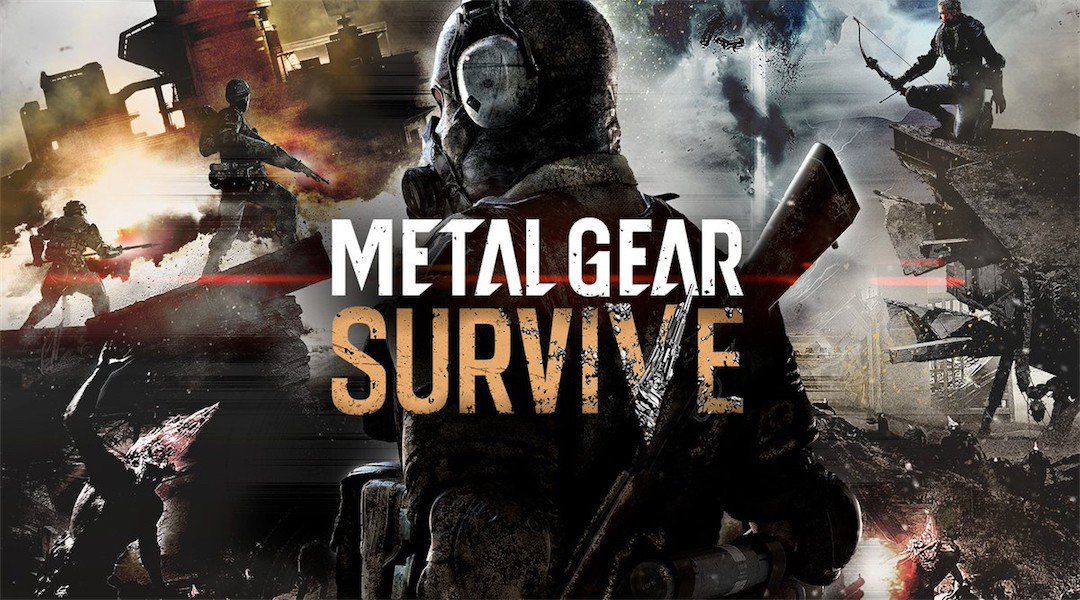Less than a fortnight ago, , Konami released Metal Gear Survive, the first instalment in the Metal Gear series since creator Hideo Kojima left the team in 2015. Hardcore fans were outraged at the changes they had made to the game, turning it from a game about war and espionage into a glorified zombie survival game, becoming a serious matter for debate among the Gaming community before it was even released.
After release, it received mixed reviews. Loyal fans of the series are still angry at how the company could screw around with the Metal Gear name so much. Other consumers say that if you ignore name, that it is a serviceable survival game.
However, the most recent in-game discovery has got the community as a whole in an up-roar: putting a micro-transaction for extra save slots (in America, each slot costs ten dollars).
Now, Micro transactions aren’t a new concept. If you aren’t familiar with the term, micro transactions in relation to gaming are a financial transaction for an aspect of the game you wouldn’t be able to get otherwise. This can range from skins for your character – like in Overwatch –or for more in-game currency – see Grand Theft Auto 5 Online. Recently, they are becoming more frequently implemented by the industry – half of video game publisher Activision’s profit came from micro transactions alone, whether with triple A titles or mobile games. This is quickly becoming a problem as some micro transactions are outright game breaking and unfair, rewarding players based on finance instead of ability.
However, what Konami have done is taking it a step too far. While companies in the past have applied micro transactions for exclusive content and overpowered gear – enough to make anyone mad – this company is putting a money barrier on basic video game functionality, and have the bare faced cheek to put such a high fee on it. This is going to a particular problem to households who have multiple fans of the game.
This is simply another nail in the coffin for the Japanese gaming company, and is an example of corporate greed taking advantage of its customer base. As well as violating one of their biggest selling IP’s, this move is just outrageous. It is eradicating a genius game designer’s legacy with no remorse, and spitting the face of fans. The game has only just been released, and as such will still be a bit of money to buy – thirty pounds from UK retailers.
However, it could also be a key turning point for micro transactions in games. Maybe this will anger fans enough for companies to listen to their fans, and ease up on their money grabbing tactics. Personally, I hope that this will be the only example of a company doing such a bold move, but I am not holding my breath.

